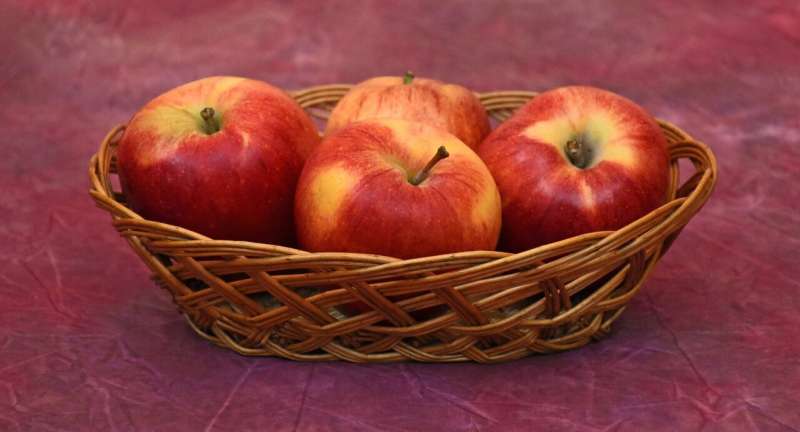Consuming Fruits May Mitigate Air Pollution's Impact on Lung Health

Research shows that a high fruit intake may help mitigate the negative effects of air pollution on lung function, emphasizing the importance of healthy eating for respiratory health.
Recent research presented at the European Respiratory Society Congress in Amsterdam highlights the potential protective role of fruit consumption against the harmful effects of air pollution on lung function. The study, led by Ph.D. student Pimpika Kaewsri from the University of Leicester, investigates how a healthy diet, particularly high fruit intake, can influence lung health amid high exposure to fine particulate matter (PM2.5).
Air pollution, especially levels that surpass WHO guidelines, is a widespread health concern. Over 90% of the global population is exposed to such elevated pollution levels, which are associated with decreased lung capacity and function. The study aimed to determine if dietary habits could modify or reduce these adverse effects.
Utilizing data from approximately 200,000 participants in the UK Biobank, the researchers analyzed the relationship between dietary patterns—including fruit, vegetables, and whole grains—and lung function, measured as FEV1 (the volume of air exhaled in one second). They also assessed individual exposure to PM2.5 from sources like vehicle emissions and industry. Adjustments were made for factors like age, height, and socioeconomic status.
The findings revealed that increased exposure to PM2.5 correlates with a significant reduction in lung function. For instance, in women, a 5 microgram per cubic meter increase in PM2.5 was linked to a 78.1 ml decrease in FEV1 among those with low fruit intake, compared to a 57.5 ml reduction in women who consumed four or more portions of fruit daily. This suggests that a fruit-rich diet can lessen the impact of air pollution on lung health.
The protective effect is likely due to antioxidants and anti-inflammatory compounds in fruits, which may combat oxidative stress and inflammation caused by fine particles. Interestingly, women generally reported higher fruit intake than men, which might explain why the benefits were more evident in women.
Professor Sara De Matteis from the University of Turin—an expert in environmental health—comments that promoting a healthy, plant-rich diet could be beneficial for respiratory health. She emphasizes that while diet is important, governments must continue efforts to reduce air pollution levels, considering that no exposure level is entirely safe.
The study underscores the importance of dietary choices in respiratory health, especially in polluted environments, and advocates for early education on healthy eating to bolster lung health and reduce overall disease burden.
Source: https://medicalxpress.com/news/2025-09-fruit-effects-air-pollution-lung.html
Stay Updated with Mia's Feed
Get the latest health & wellness insights delivered straight to your inbox.
Related Articles
Impact of Calorie Labeling: Modest Reduction in Energy Content of Menu Items in England
Research shows that calorie labeling in England leads to a small, 2% reduction in the energy content of menu items, primarily through item removal rather than reformulation, with limited overall health impact.
Expert Urges Reconsideration of Food Nutrition Labels to Include Nutrient Release Rates
Emeritus Professor Mike Gidley proposes including nutrient release rates in food labels to improve nutritional understanding and public health outcomes, urging a shift from traditional composition-based labeling.
How Consuming Tea, Chocolate, and Apples May Help Reduce Blood Pressure
Discover how everyday foods like tea, chocolate, and apples rich in flavan-3-ols can help lower blood pressure and improve heart health through natural dietary choices.



